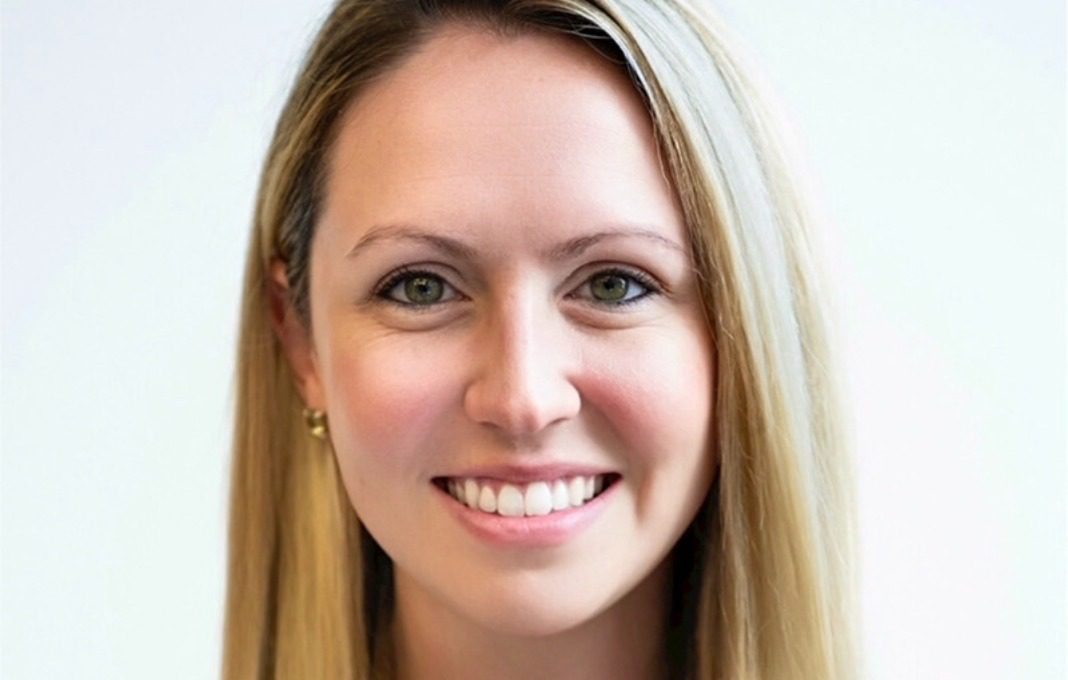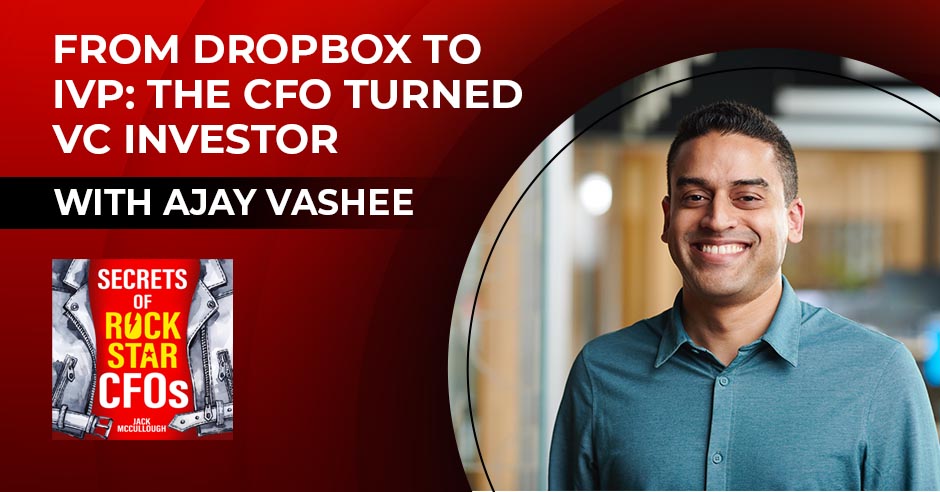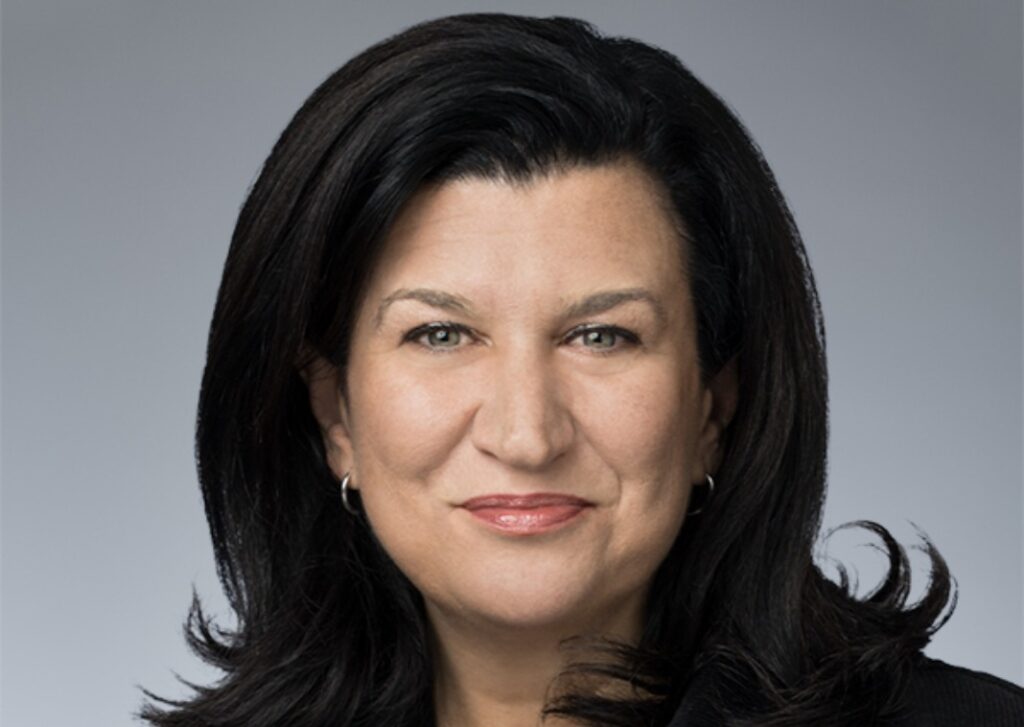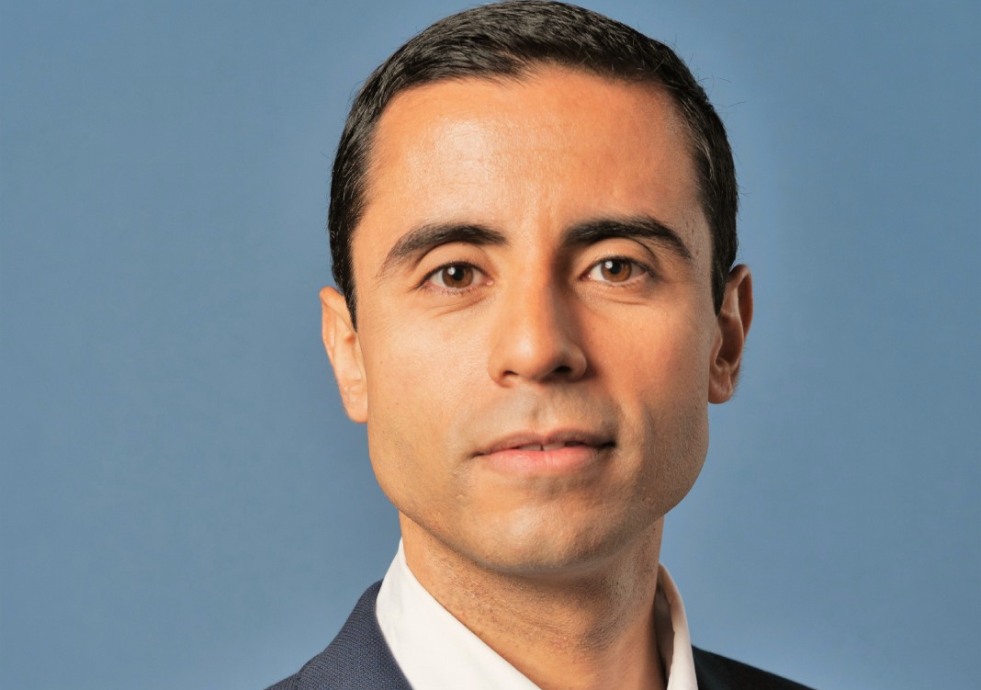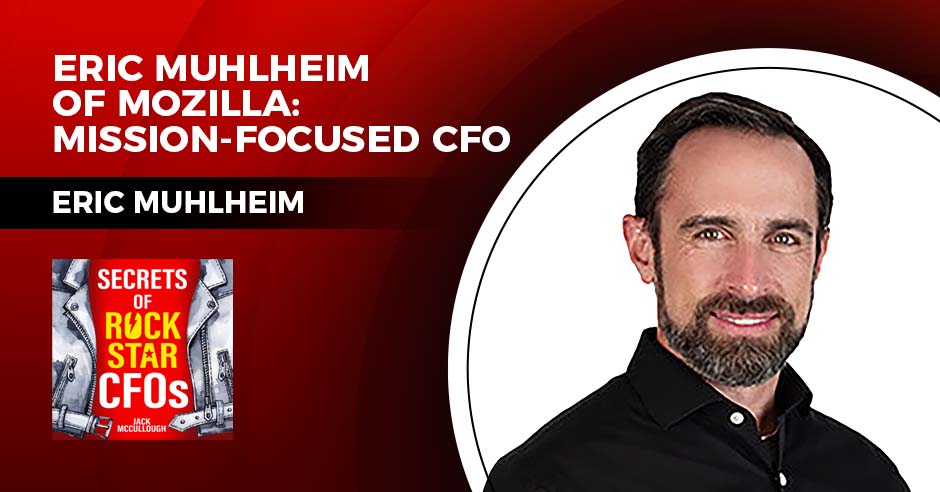Laura Long didn’t aspire to work in finance or law—until a serendipitous conversation set her on her path. Today, the CFO and, since January, COO of Hanson Bridgett in San Francisco helps lead a major law firm and enjoys deep satisfaction from her job.
Long spoke with StrategicCFO360 about how her career evolved, the particular appeal of working in law and how her company’s work-from-anywhere model has expanded its efficiencies, reach and employee happiness. “I don’t see us backing off from this approach,” she says.
What made you choose the legal field over say, an airline or energy company? Is there anything that made legal services unique, or especially appealing to you?
I didn’t necessarily “choose” working in law firms, at least not at the onset of my career. What brought me to Boston right after graduating high school, having spent the majority of my childhood in South Florida, was my desire to pursue a career in professional ballet. After a short period of time dancing and working with the Boston Ballet Company, I decided to shift my professional focus away from dance. I found myself bartending at a restaurant near Boston’s State House and only in my free time thinking about what I wanted to do next professionally. While I didn’t know where this new road would lead me, I knew I needed to spend some more time exploring opportunities before choosing a direction.
During a conversation with a restaurant regular, who also happened to be an attorney at Rubin and Rudman, he recommended I consider working in the legal field. I had very little exposure to lawyers or law firms, so out of curiosity I decided to hear him out. He gave me the name and number of their then executive director and suggested I give her a call. He actually wrote her contact info on a bar napkin! I eagerly called her, and she invited me to come into the firm to meet with her shortly thereafter. To make a long story short, there weren’t any openings at the firm—or at least any for someone with my limited work experience and no college degree, but after my interview with her, I decided to not lose hope.
I kept in touch with her and after some persistence, I reached out at a moment that must have been just right. She offered me an opportunity to work at the firm. I didn’t know what I would actually be doing until I arrived that first day, but I made sure to buy my first suit and show up looking like I fit in. I started out with the firm as a contract staff accountant and was hired a few months later as a full-time employee.
What an unusual path into the field. How did things evolve from there?
Over the next few years I was fortunate to receive invaluable on-the-job training, earn my college degree and was even promoted to lead the accounting department. Shortly after holding that role, I was then promoted to be the firm’s executive director. I had the best mentors who helped me learn and evolve as my role expanded over time. I enjoyed working with colleagues who were highly regarded professionals in their field. I respected and admired them, even though I didn’t aspire to practice law.
When the opportunity presented itself for me to join Hanson Bridgett, I did seriously consider switching industries. I thought to myself, if I don’t do it now, will I ever be able to? Should I work in law firms my whole career, or should I try something else?
After careful consideration and exploration into other fields, I affirmed my love and devotion to a career in law firms. Law firms are special in many ways and their lawyers, who are trained to find and solve complex problems, need individuals with my skill set to balance them out and seek out opportunities instead of issues.
Law firms are unique and intriguing because they offer the ability to work with highly educated, dedicated, hardworking, thoughtful and driven individuals who are also working in service of their clients and communities to do what is right and good. We challenge each other in ways that make our organization better. Our firm, which is a partnership, doesn’t ultimately answer to any one person or even to a board of directors—every partner has a vote and plays a meaningful role. We have processes and procedures to earn consensus around change. I am never bored in my role and feel respected, supported and given the freedom to push the envelope.
You’re essentially charged with overseeing the firm’s day to day operations. How has the pandemic changed the way you approach your job and how Hanson Bridgett engages with its clients? Which of these changes do you see as permanent? And with law firms facing so many issues, from cybersecurity to business development, do you see more changes coming?
The pandemic has certainly changed the way we all work and live, however we have been thinking about this shift in work for a while. One of the first initiatives I became a part of when I joined the firm was our “dynamic workforce” program, which created opportunities for lawyers and administrative professionals to work from anywhere and at any time. We worked together over the course of several years to measure and demonstrate the value of remote working and promote this concept internally.
I don’t have to tell you now, but when you don’t have to spend hours commuting every day or keep adding office space for each new person you hire, you can cut back on overhead expenses and increase attorney and employee productivity pretty quickly. We were successful in our implementation of this agile initiative, so in January 2020, we gave back one of our three floors in San Francisco and practically cut our leasehold expense by a third overnight. Almost all of our attorneys and staff had home office set-ups and when the pandemic required us to all work from home in March of 2020, the transition to fully remote working was nearly seamless.
Now we have all figured out how to work from anywhere and so I have been focused on preserving our firm’s culture, recruiting and retaining top talent, creating operational efficiencies, promoting the wellness of our people and strengthening our connections with colleagues and clients. I think the pandemic has made us all feel more “human” and relatable. I enjoy seeing my colleagues on video in their home and introducing my dog on a video call, because she was barking when the mail person arrived. This personal connection has also resonated with clients. We have seen them be more open to including our attorneys in meetings where they would have otherwise deemed them not vital to attend, due to time, cost and/or travel constraints. We are adding value while also building stronger relationships with our clients and communities.
We all went through these last two years together, so we are working through how we move forward together too. I certainly don’t have a crystal ball, but I think we will continue to work in an agile manner going forward. We will be more intentional about when we choose to be in an office and how we can best engage with our clients and colleagues. I know for us, we don’t view any one office as our firm’s “primary” or “main” office. Our offices span the state of California, and our employees and clients are national and international. We are breaking down the literal office walls and promoting flexibility and choice, while continuing to raise the bar on our professional excellence. I don’t see us backing off from this approach.
These changes certainly present other challenges, especially around cybersecurity and business development, but we will adapt and learn what we need to do to compete and excel in an ever-evolving marketplace. We now have a dedicated in-house director of security and two business development managers—two of many new roles we have added during Covid-19. Other roles we have started to add and that will also expand on over time relate to business professionals who focus on diversity, equity and inclusion, social impact, employee engagement, business/people strategies, mental health/wellness and client value. Business professionals are assuming more prominent roles in law firms.
Real estate strategy and space utilization will be top of mind too. We need office spaces where we can gather and engage with our clients and colleagues, not to just sit in a private office with our door closed churning out work product. I think Covid-19 has made us realize now more than ever the value of connection, balance and efficiency.
Diversity issues are front and center these days, yet many clients feel the legal profession still has work to do. As a C-level executive in what some still perceive as a white-male dominated profession, what’s your take on this issue? Is there still a lot of work to be done? In terms of importance to the firm, how high does this rank on your to-do list?
I’ll never forget one of my first days at Hanson Bridgett, a colleague stopped by my office and said, “I am so glad to finally see a woman sitting in that chair!” Having grown up in this industry, I accepted for far too long that I was the minority and that in order to succeed I needed to work twice as hard as my male counterparts. I have focused on proving the value that I know I bring to the table and capitalize on the fact that my being different could set me apart.
While I have seen gender and diversity improvements within the industry over the last 15 years, there is still much to be done to create equality in law firm workplaces. This is an area of importance to the firm and to me personally. We work very hard to create and foster an environment of equity and inclusion, but we can keep doing better. We are focusing on internal promotions, mentorship, training, recruiting and development around diverse and underrepresented attorneys and administrative professionals. We believe our firm’s people should represent the diverse communities and clients that we serve across California.
With regards to your CFO/COO role, what’s the most important skill(s) in your toolbox? What advice would you give to someone looking to follow a similar career path?
I believe my most important skills are around communication, strategic vision, financial foresight and leadership. I view my role as the one who conducts the orchestra, not the one who plays first chair. For those who are seeking this type of role, I recommend you build a strong understanding of law firm financials and operations, but that you also focus on the people aspect of this job. The emphasis on empowering and inspiring others will lead to your success and in turn that of your firm. Be true to yourself and support your people, and you will make a meaningful impact.


